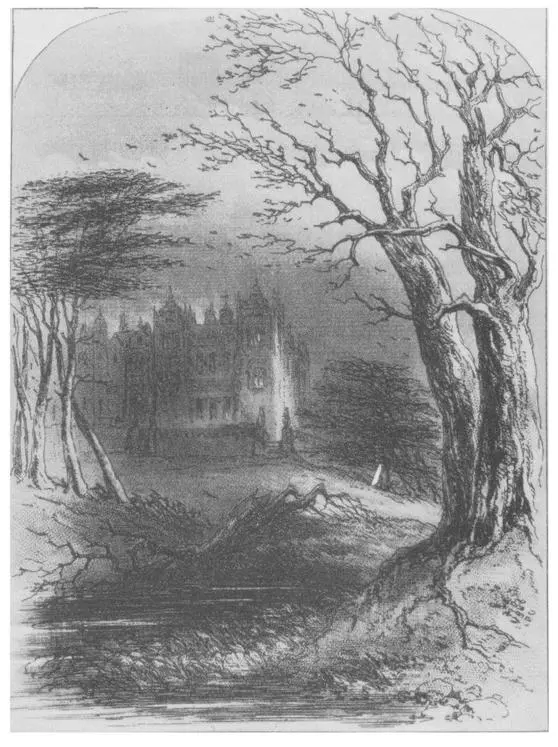J. Hillis Miller, for one, has argued that it does in his influential 1971 essay “The Interpretive Dance in Bleak House.”
Works Cited
Collins, Philip, ed. Dickens: The Critical Heritage. London: Routledge and Kegan Paul, 1971.
Davis, John R. The Great Exhibition. Thrupp, Stroud, Gloucestershire: Sutton Publishing, 1999.
Dickens, Charles. “A Preliminary Word” (Household Words, March 30, 1850) and “The Last Words of the Old Year” (Household Words, January 31, 1851). Reprinted in Michael Slater, ed., The Dent Uniform Edition of Dickens’ Journalism, vol. 2: The Amusements of the People and Other Papers: Reports, Essays, and Reviews 1834-1851. Columbus: Ohio State University Press, 1996.
Dyson, A. E., ed. Dickens’ Bleak House: A Casebook. London: Macmillan, 1969.
Ford, George H. Dickens and His Readers: Aspects of Novel Criticism since 1836. New York: W. W. Norton, 1965.
Miller, D. A. “Discipline in Different Voices: Bureaucracy, Police, Family, and Bleak House.” Reprinted in Jeremy Tambling, ed., Bleak House: Charles Dickens. New Casebook Series. New York: St. Martin’s Press, 1998.
Miller, J. Hillis. “The Interpretive Dance in Bleak House.” Reprinted in Harold Bloom, ed., Charles Dickens’s Bleak House: Modern Critical Interpretations. New York: Chelsea House Publishers, 1987.
Newsom, Robert. Dickens on the Romantic Side of Familiar Things: Bleak House and the Novel Tradition. New York: Columbia University Press, 1977.
Robbins, Bruce. “Telescopic Philanthropy: Professionalism and Responsibility in Bleak House.” Reprinted in Jeremy Tambling, ed., Bleak House: Charles Dickens. New Casebook Series. New York: St. Martin’s Press, 1998.
Schwarzbach, F. S. Dickens and the City. London: University of London, Athlone Press, 1979.
Storey, Graham, Kathleen Tillotson, and Nina Burgis, eds. The Letters of Charles Dickens. Vol. 6: 1850-1852. Oxford: Clarendon Press, 1988.
Williams, Raymond. The English Novel from Dickens to Lawrence. London: Hogarth Press, 1984.

DEDICATED,
AS A REMEMBRANCE OF OUR FRIENDLY UNION,
TO MY COMPANIONS IN THE GUILD OF LITERATURE AND ART 1
PREFACE
A chancery Judge once had the kindness to inform me, as one of a company of some hundred and fifty men and women not labouring under any suspicions of lunacy, that the Court of Chancery,a though the shining subject of much popular prejudice (at which point I thought the Judge’s eye had a cast in my direction) , was almost immaculate.
1 comment